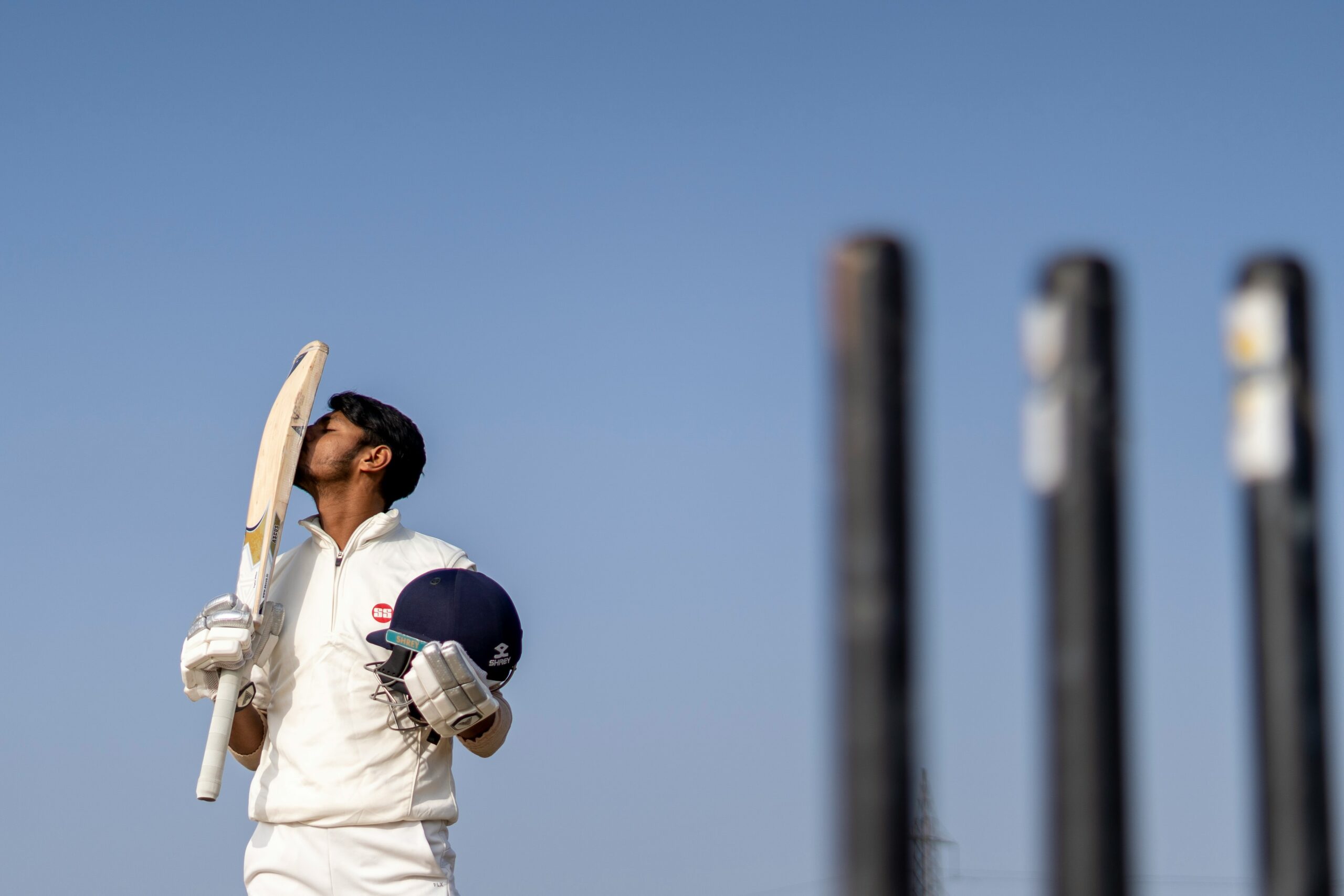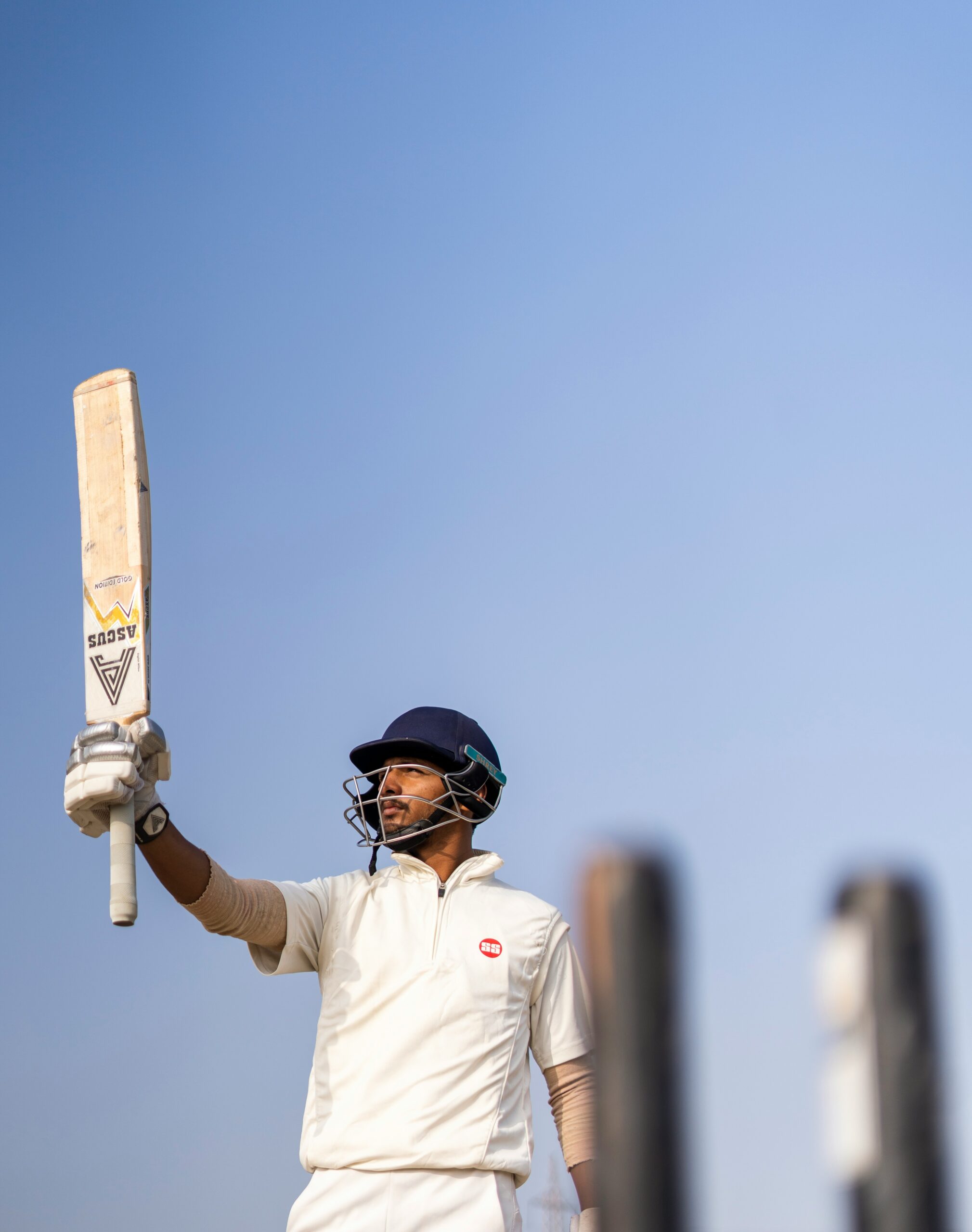Cricket is not just a game of skill—it’s a battle of minds, strategies, and leadership. While a team may have world-class players, the great c
Cricket is not just a game of skill—it’s a battle of minds, strategies, and leadership. While a team may have world-class players, the great cricket captain is often the glue that holds everything together. From tactical geniuses like MS Dhoni to inspirational leaders like Ricky Ponting, the best captains leave an indelible mark on the sport.
But what separates a good captain from a legendary one? To answer this, we spoke to coaches, sports psychologists, former players, and analysts to uncover the secrets of cricket leadership. In this deep dive, we’ll explore the key traits, decision-making skills, and psychological strengths that define the most successful cricket leaders.

1. Tactical Brilliance: The Mind of a Strategist
A great cricket captain isn’t just a player—they’re a chess master, always thinking three moves ahead.
Key Elements of Tactical Leadership:
- Adaptability: The best captains adjust strategies based on pitch conditions, opposition weaknesses, and match situations. (Think Eoin Morgan’s aggressive field placements in the 2019 World Cup.)
- Bold Decision-Making: Whether it’s declaring an innings early (like Steve Waugh) or promoting a pinch-hitter (like Dhoni with Joginder Sharma in the 2007 T20 Final), courage defines leadership.
- Reading the Game: Experts emphasize that captaincy skills involve anticipating the opponent’s next move. Shane Warne once said, “A captain must outthink the batsman before the ball is bowled.”
Hypothetical Scenario: Imagine a Test match where the opposition is 200/2. A great captain might introduce a part-time spinner to disrupt momentum, much like Virat Kohli often does.
2. Man-Management: Keeping the Team United
A team is only as strong as its weakest link, and a great cricket captain ensures everyone performs at their peak.
How Top Captains Motivate Their Squads:
- Trust & Empowerment: Ricky Ponting was known for backing young players (e.g., Mitchell Johnson) even during rough patches.
- Handling Big Egos: In a dressing room with superstars, managing personalities is crucial. MS Dhoni’s calm demeanor helped balance players like Yuvraj Singh, Harbhajan Singh, and Virat Kohli.
- Constructive Communication: Former England coach Duncan Fletcher highlights that “A captain must know when to be firm and when to be a friend.”
Expert Insight: Sports psychologist Dr. Rudi Webster notes, “The best leaders make players believe in themselves even when they don’t.”
3. Leading by Example: Performance Under Pressure
A great cricket captain doesn’t just talk—they deliver when it matters most.
Traits of an Inspirational On-Field Leader:
- Leading from the Front: Think Kane Williamson’s composed centuries in crunch situations or Imran Khan’s 1992 World Cup heroics.
- Handling Pressure: The ability to stay calm (like Dhoni in last-over chases) separates good captains from legendary ones.
- Work Ethic: Sir Vivian Richards once said, “A captain must train harder than anyone else to earn respect.”
Stat Alert: Captains with higher personal batting/bowling averages tend to have better team success rates (e.g., Graeme Smith’s 53 Test wins as captain).

4. Emotional Intelligence: The X-Factor in Cricket Leadership
Beyond tactics and skill, the best cricket captains understand human psychology.
Why EQ Matters in Captaincy:
- Reading Player Morale: A dip in form? A great captain notices and offers support (like Rahul Dravid mentoring youngsters).
- Conflict Resolution: Managing disputes (e.g., Sourav Ganguly’s handling of the Greg Chappell saga) is crucial for team harmony.
- Inspiring Confidence: Brendon McCullum’s fearless attitude transformed New Zealand cricket.
Expert Quote: “A captain’s belief becomes the team’s belief.” — Gary Kirsten, Former India Coach
5. Innovation & Risk-Taking: The Game-Changers
Cricket evolves, and so must its leaders.
How Great Captains Revolutionize the Game:
- Unconventional Strategies: Misbah-ul-Haq’s use of spinners in the UAE or Morgan’s data-driven field setups in limited-overs cricket.
- Backing Youth: Faf du Plessis giving opportunities to Kagiso Rabada early in his career.
- Embracing New Formats: Captains like Aaron Finch and Babar Azam excel by adapting to T20 demands.
Fun Fact: The most successful T20 captains (Dhoni, Pollard, Morgan) all share a knack for unpredictability.
Final Thoughts: What Can We Learn from the Best?
Becoming a great cricket captain isn’t just about skill—it’s about vision, resilience, and the ability to inspire. Whether you’re an aspiring captain, coach, or cricket enthusiast, studying these leaders offers invaluable lessons in sports leadership.
- Young Players: Observe how top captains think under pressure.
- Coaches: Focus on developing leadership skills in your squad.
- Fans: Next time you watch a match, analyze the captain’s decisions—it’s a masterclass in strategy!
Who do YOU think is the greatest cricket captain of all time? Share your thoughts in the comments!
Now, go out there and lead like a champion! 🏏🔥



COMMENTS